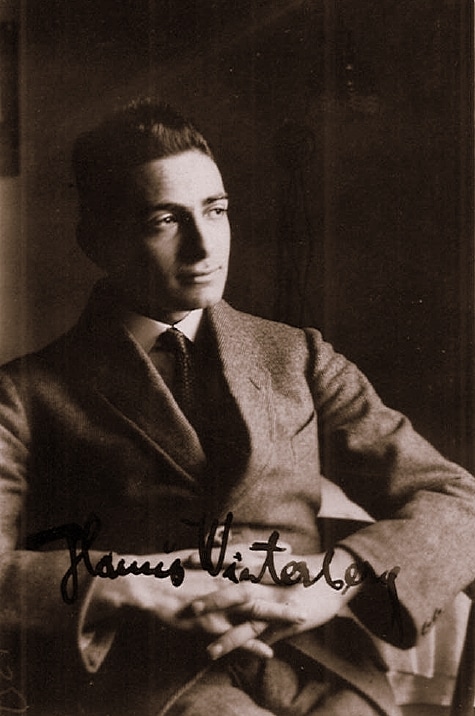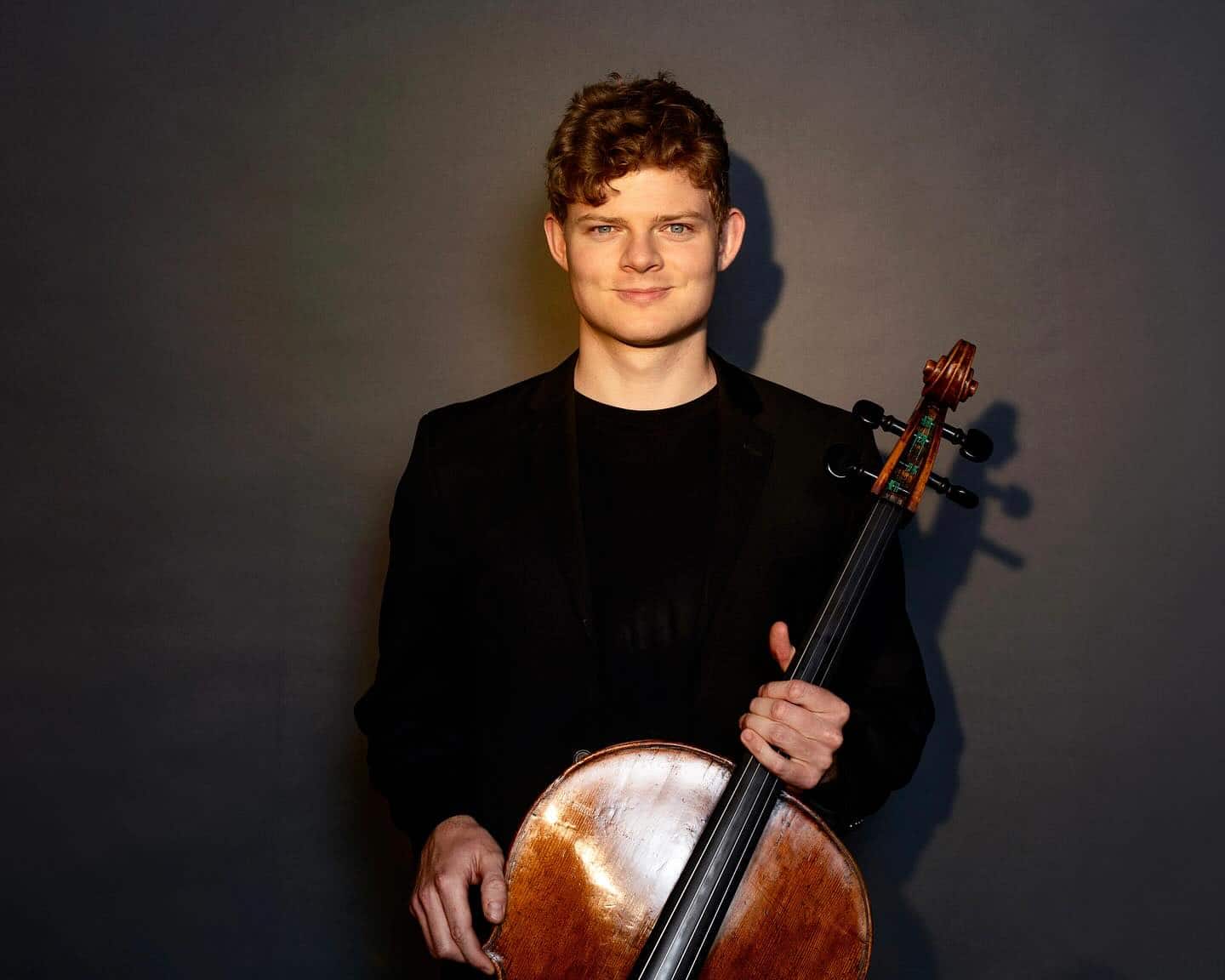Was this composer worth waiting for?
Album Of The WeekFrom the Lebrecht Album of the Week:
Among thousands of composers who were banned and oppressed by the Nazis, the case of Hans Winterberg is seriously peculiar. A German-speaking Prague Jew, Winterberg fled after the war to Bavaria, where he received an icy welcome. He lived there in virtual oblivion until his death in 1991….
Read on here.
And here.






By some coincidence, I was listening yesterday to Winterberg’s first symphony and first piano concerto with the Berlin Radio Symphony Orchestra and Johannes Kalitzke on CPO. I was very pleasantly surprised to have discovered it for myself: modern, tonal, acerbic, threatening. Rather good, I thought.
I think you’ll find the cd is on the Capriccio label rather than CPO. An easy mistake to make perhaps, as both labels manifest a consistent knack of resurrecting interesting music by obscure composers, and both companies employ excellent production values. The Winterberg disc is definitely on my shopping list!
Bavaria was hardly cold toward Winterburg. He was ‘adopted’ by Bavarian Radio which broadcast a substantial amount of his music. He worked for BR and also at the Richard Strauss Conservatory. His music is surely worth a listen. More qualified/astute critics will surely note the Moravian base of his work, as also Bavarian elements, which makes it polyrhythmic, while certainly showing the influence of contemporary trends sparked by Schoenberg and Berg.
Just a note that Winterberg’s music has also been recorded on the splendid Wintermayne label. I note particularly a disc of HW and Samuel Feinberg, hardly stablemates musically, but both consigned to oblivion, HW more so.
Another intriguing CD review! Where do you find these hidden gem? Keep it up.
NL is, I suppose, a record critic of long standing, and that means recordings are delivered to his abode in vasty containers. In short, they are free. With that in mind, and it applies to all record critics, it is interesting to note the tone of resulting reviews. The occasional one will be panned, unless the reviewer likes to think of a participant as a ‘friend’. Some others will be ignored, often for personal reasons. Note that it’s a long time if ever since NL reviewed or wrote otherwise about Grigory Sokolov.
As in many other posts containing information about not-well-known composers, it would be really helpful to know experiences of other musicians or conductors about his/her work. As well as links, publishers, etc. Thanks Mr Lebrecht!!
DSA
His music (and not just the Rhythmophonie) sounds intriguing to me. I’ll have to investigate!
“A German-speaking Prague Jew, Winterberg fled after the war to Bavaria, where he received an icy welcome. He lived there in virtual oblivion until his death in 1991…”
This is from his wiki page. I wouldn’t have exactly call this oblivion!
Radio broadcast of Bavarian Radio: 1950–1981
Arena 20. Jahrhundert für Sinfonieorchester
Symphonieorchester Graunke (1981), Leitung: Kurt Graunke
Ballade um Pandora. Eine choreographische Vision
Münchner Philharmoniker (1959), Conductor: Rudolf Alberth
Konzert für Klavier und Orchester
Agi Brand-Setterl (Klavier), Münchner Philharmoniker (1950), Dirigent: Fritz Rieger
Konzert für Klavier und Orchester Nr. 2
Liesel Heidersdorf (Klavier), Münchner Philharmoniker (1952), Dirigent: Fritz Rieger
Konzert für Klavier und Orchester Nr. 3
Gitti Pirner (Klavier), Münchner Philharmoniker (1970), Dirigent: Jan Koetsier
Sinfonie Nr. 1
Populartitel: Sinfonia drammatica, Münchner Philharmoniker (1955), Dirigent: Karl List
Sinfonie Nr. 2 für großes Orchester
Münchner Philharmoniker (1952), Dirigent: Jan Koetsier
Stationen 1974/1975
Bamberger Symphoniker (1975), Dirigent: Rainer Miedel
Streichquartett
Koeckert Quartett (1951), Rudolf Koeckert (Violine), Willi Buchner (Violine), Oskar Riedl (Viola), Josef Merz (Violoncello)
Streichquartett 1957 (Neufassung 1970)
Sonnleitner-Quartett (1971), Fritz Sonnleitner (Violine), Ludwig Baier (Violine), Siegfried Meinecke (Viola), Fritz Kiskalt (Viloncello)
Sudetensuite für Violine, Violoncello und Klavier (1966)
Gerhard Seitz (Violine), Walter Nothas (Violoncello), Günter Louegk (Klavier)
Symphonische Reiseballade
Bamberger Symphoniker (1963), Dirigent: Joseph Strobl
Symphonischer Epilog
Münchner Philharmoniker (1956), Dirigent: Fritz Rieger
Trio für Violine, Viola und Violoncello
Streichtrio (1962), Angelika Rümann (Violine), Franz Schessl (Viola), Wilhelm Schneller (Violoncello)
4 Lieder für Sopran und Klavier (1973)
Textdichterin: Luise Pfeifer-Winterberg, Ich ging heute abend, Leise murmelt der Regen, Jede Stunde ohne dich, Wie tobte der Sturm, Edith Urbanczyk (Sopran), Hortense Wieser (Klavier)
Leise murmelt der Regen für Sopran und Klavier (1981)
Textdichterin: Luise Pfeifer-Winterberg, Irmgard Lampart (Sopran), Ernst Mauss (Klavier)
Was there ever an explanation for the original 2031 embargo?